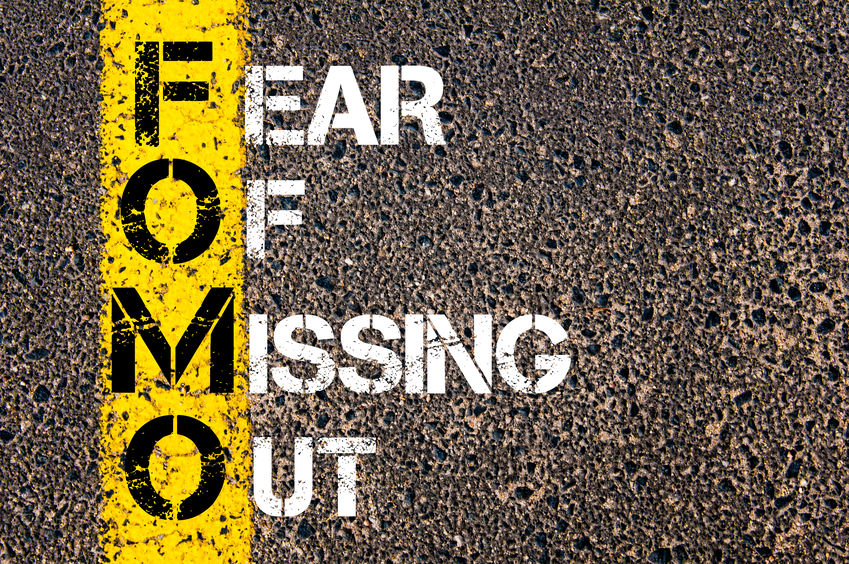
As central banks stepped into the market to fund operating losses, the ability to raise capital has usurped the natural function of markets: price discovery, says Rob Almeida, investment officer and global investment strategist at MFS Investment Management.
Many companies have experienced an epic year raising capital because both good and bad businesses have been able to get funding, he adds. “That was just the response back in February and March — to unclog the plumbing of financial markets — and that was required and necessary, but I think what it’s sparked or created now is this more sugar-high or liquidity-based rally, which many are calling [fear of missing out].”
In addition to central banks re-liquifying the market, it also saw a rise of aggressive retail buyers, leading to a clash of time horizons, Almeida says.
Further, a dislocation is occurring between company valuations and fundamentals, which is more pronounced for companies in sectors that are being challenged and are having their value proposition eroded by technological disruption. “[With] those companies, their margins were falling before the crisis. Now, all you’ve done is you’ve just added more debt to their balance sheet and, meanwhile, they continue to lose more share. But what’s important . . . [is] their equity valuation keeps going higher or their corporate bond spread keeps going tighter and that’s the disconnect and that’s what we’re most worried about.”
While the stock market is bubbly, it’s difficult to determine when and why the other shoe will drop. “You never see the bullet that hits you.”
Despite not knowing what may cause a downturn, Almeida notes he’d much rather be wrong in the near term on technicals and be right in the long term on fundamentals. He encourages long-term investors like pension funds to have patience. “Our natural instincts are to react, to adjust and oftentimes that could lead to a mistake.”
Further, he suggests pension funds look at individual managers and assets and ask if they are being paid appropriately for pro-cyclical risk. “Whenever things correct or adjust, those that do well, do well largely because of what they don’t own.”
Almeida also notes he’d rather own an expensive asset with cash flow certainty than an inexpensive asset without it. Even before the pandemic, margins were falling and now the costs of running almost every business have increased because of costs associated with keeping employees and customers safe. And businesses have more debt than they did pre-coronavirus.
“Even if you get back to 2019 revenues, you’ve got a cost structure that’s higher, labour costs are going up . . . , financing costs are going lower, but the level of debt that has to get paid is massive. So I just have a really hard time computing how companies or the market gets back to 2019 per cent profitability, which is literally what the market is pricing.”
